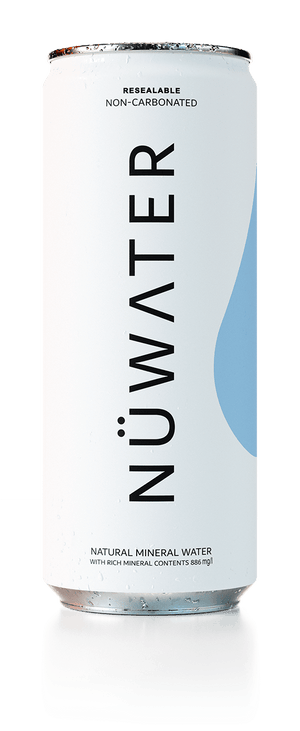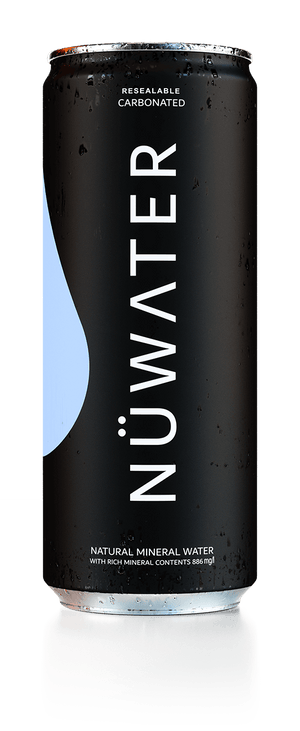GET 20% OFF YOUR FIRST ORDER. USE CODE: "FIRST20"
Plastic Vs Aluminium – Environmental Effects
June 21, 2021
Drinking water is a great way to keep your body clean and happy. People the world over crave that guilt free refreshment, as the original thirst quencher, it’s the element that brought us to where we are today.
The biggest debate in drinking water is the receptacle. With rubbish mounting up in landfills, burnt off at dumps or simply washed out into the ocean, our consumption of just about everything has a significant impact on our environment.
Working out the impact of any given material requires looking at the many mitigating factors. With production and transportation emitting gasses, this is quantifiable in relation to its impact. With disposal and decomposition, the impact cannot be so easily gauged.
Recycling waste is a global effort. With various multicoloured bins for various multicoloured materials huge efforts are now made by people, policies and international standard in the implementation of strict recycling regimes.
But Once You’ve Binned the Bottle, Where Does it End Up?
If you follow the path of a recycled plastic bottle, it only has a 9% chance of being reused as recycled plastic. The process by which relies on the melting of the plastic into pellets, often by unskilled workers in either China or Malaysia. This melting produces noxious gasses harmful to both the workers and the environment.
Greenpeace investigations in 2018 found mountains of plastic waste in landfills and rubbish dumps. This ‘out of sight out of mind’ approach to recycling merely prolongs the effect that so called recycled plastics have on the environment.
As for the 91% of unrecycled plastic. Its course is either incineration or landfill. Both of these methods of disposal produce harmful results. Neurotoxic chemicals spill into the air from incineration, whilst landfills produce methane and spill toxic waste into the earth.
What about cans?
Although the first stage of aluminium production takes its toll on the earth, the end result is much easier to manipulate back into circulation. With 70% of todays aluminium being made from recycled material, that’s much less Bauxite being mined to produce new material.
Due to its lightweight properties, benefits are also found in the transportation of aluminium. As a tough but lightweight material it requires less external packaging for protection and of course, less fuel to move it around.
A 100% recycled aluminium can is the most guilt free way to enjoy a cold refreshing beverage. It’s more than likely that even cans not boasting 100% recycled material contain on average 68% recycled material, meaning less landfill, less pollution and ultimately a more sustainable product.
Click here to know more about how NUWATER helps in reducing plastic waste and saves our environment
Leave a comment
Comments will be approved before showing up.







